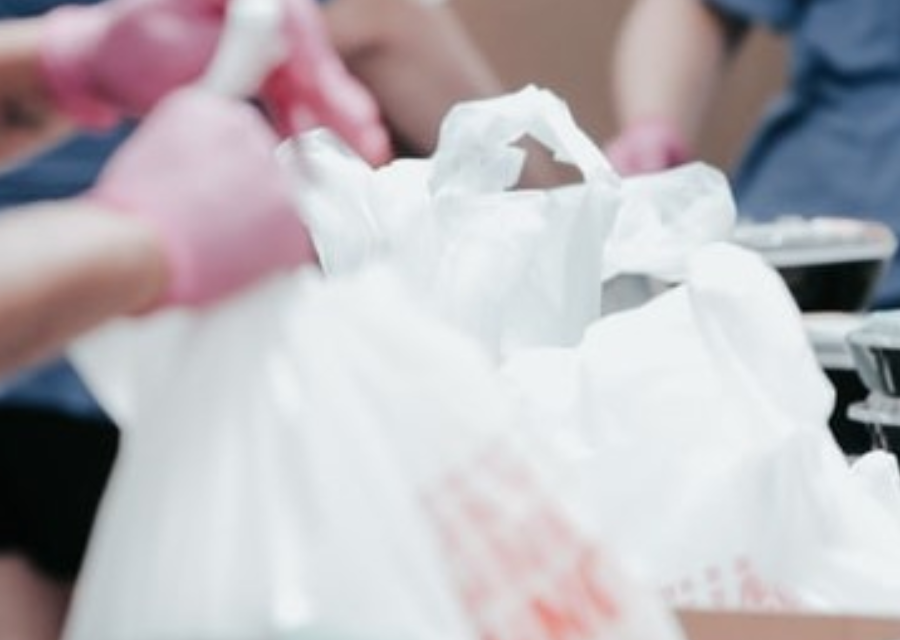Back
The nutritional value of food parcels
The main supplier of food parcels in the UK is the Trussell Trust. For their Emergency Food Parcel, the Trussell Trust claims that their parcels meet the nutritional requirements for healthy adults over the space of three days. However, not everyone supports the Trussell Trust’s inclusions in their food parcels.
The main supplier of food parcels in the UK is the Trussell Trust. For their Emergency Food Parcel, the Trussell Trust claims that their parcels meet the nutritional requirements for healthy adults over the space of three days. They do admit, however, that the salt and sugar content are higher than would ideally be desired, as to be expected with the amount of tinned and other non-perishable foods which are included which use salt and sugar to aid the preservation of the foods. The trust argues the large nature of the parcels is mostly responsible for the high quantity of both of these. However, this appears to be somewhat disingenuous of the trust – if the parcels are larger, then the salt and sugar could be split over more meals/days. Therefore, the size of the parcel should not affect the daily intake of their recipients. When accounted for, the parcels still include too much salt and sugar, as well as not enough vitamin D. The Trussell Trust defend the parcels, by stating “any concerns over excess sugar and salt, or low levels of Vitamin D are outweighed by the negative physical and psychological impacts of lacking food and being nutrient and calorie deficient”. They claim that to include fresh items or more healthy items would increase the cost of donations and therefore reduce the amount of food they were able to distribute.
However, not everyone supports the Trussell Trust’s inclusions in their food parcels. Can Cook – a non-profit organisation in Liverpool – has been outspoken in their criticism of the trust. One of the reasons is that they claim the parcels do not create meals, and are composed of random non-perishable items, and therefore up to 50% of food parcel inclusions go to waste. Can Cook uses the example of a recipe suggestion by the Trussell Trust which includes mixing tinned spaghetti with boiled pasta for a dinnertime meal. They believe that the way the parcels are made entrenches people in their position of poverty, does not lift people out of poverty and does not supply them with enough to survive on so that they do not need to purchase more food. There are no fresh items in any food parcels supplied by the trust, and a lot of donations that are made consist of items given away by people who do not deem the foods as worthy enough to be eaten by themselves.
To reach a better position of prosperity, we must be aiding all people in having enough food and making sure that food is healthy, to benefit their physical and mental wellbeing. Food is afterall the foundation on which every part of our body functions. Although it would be more difficult to supply people with fresh foodstuffs, in an age where one can receive any parcel the next day from a retailer from most anywhere in the country, there is no reason a local food bank cannot be equipped with the means to keep fresh food refrigerated and in plentiful supply, and supply that food locally. The Trussell Trust’s attitude of ‘something is better than nothing’, although not necessarily wrong, shows a lack of empathy or desire to hold impoverished people the same standards that members of the trust themselves would expect to eat. In other words, the attitude is if you’re poor then you get a lower standard and that’s just the way it is. If Can Cook is correct that so much of the food parcels given out are going to waste, then the trust is really just appearing to be doing good things for the community, benefiting themselves and the companies which support them by seeming charitable, more than the people they are purporting to be aiding. It would, in my opinion, be far better to supply people with food they would actually eat all of and their health would benefit from, than supply a (supposedly) larger quantity of food, much of which is discarded.
Back

